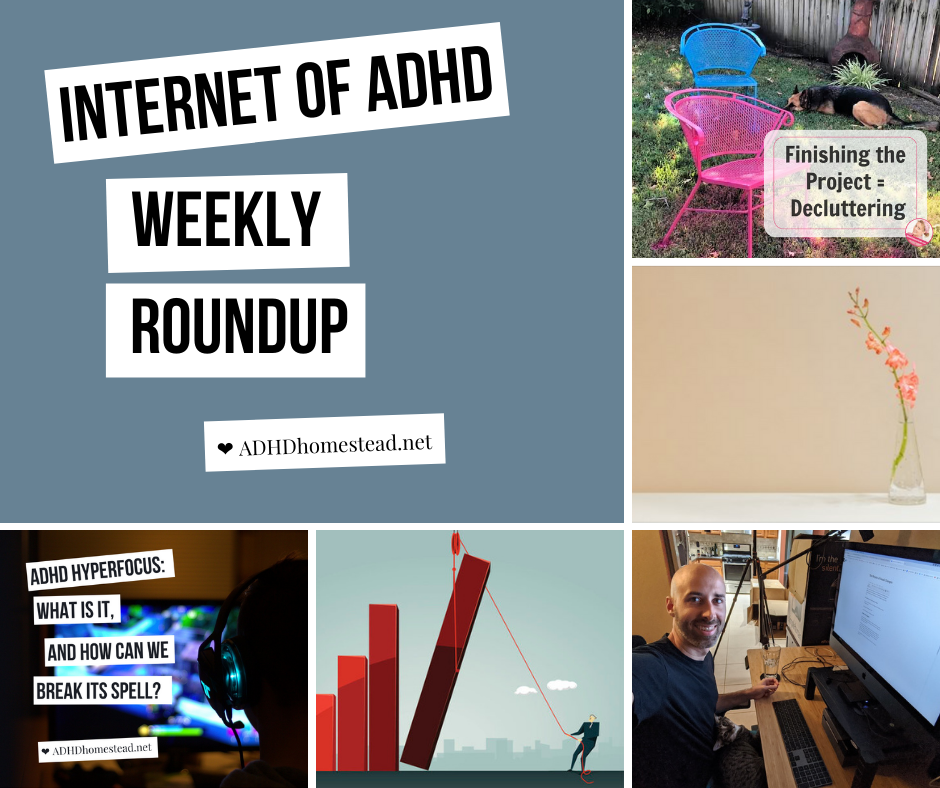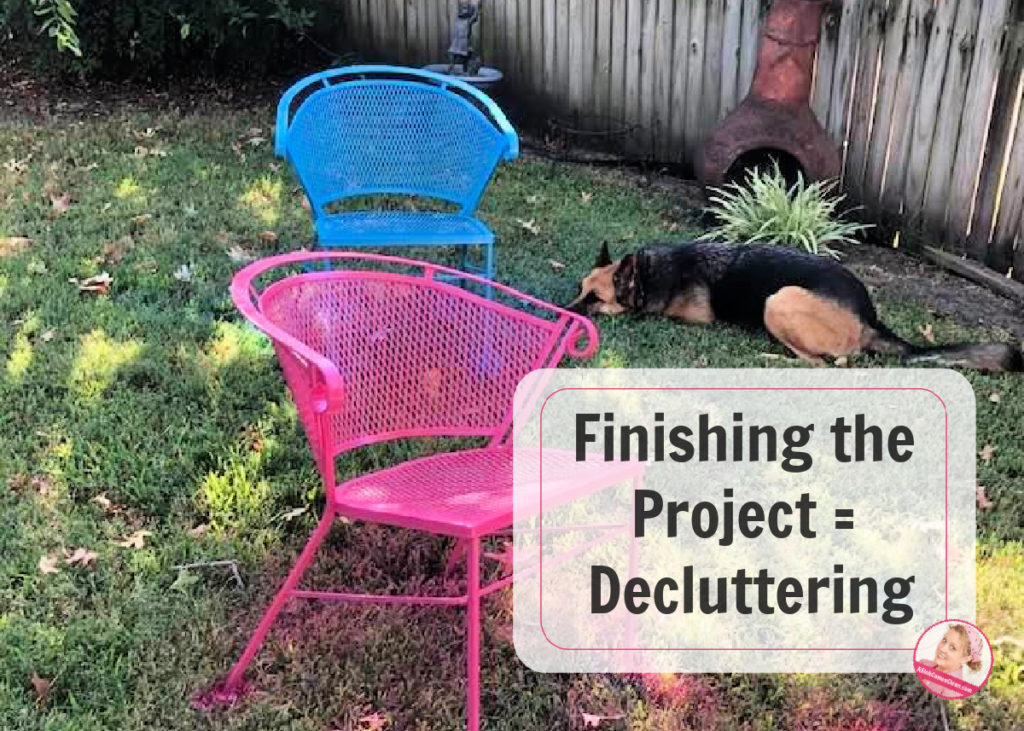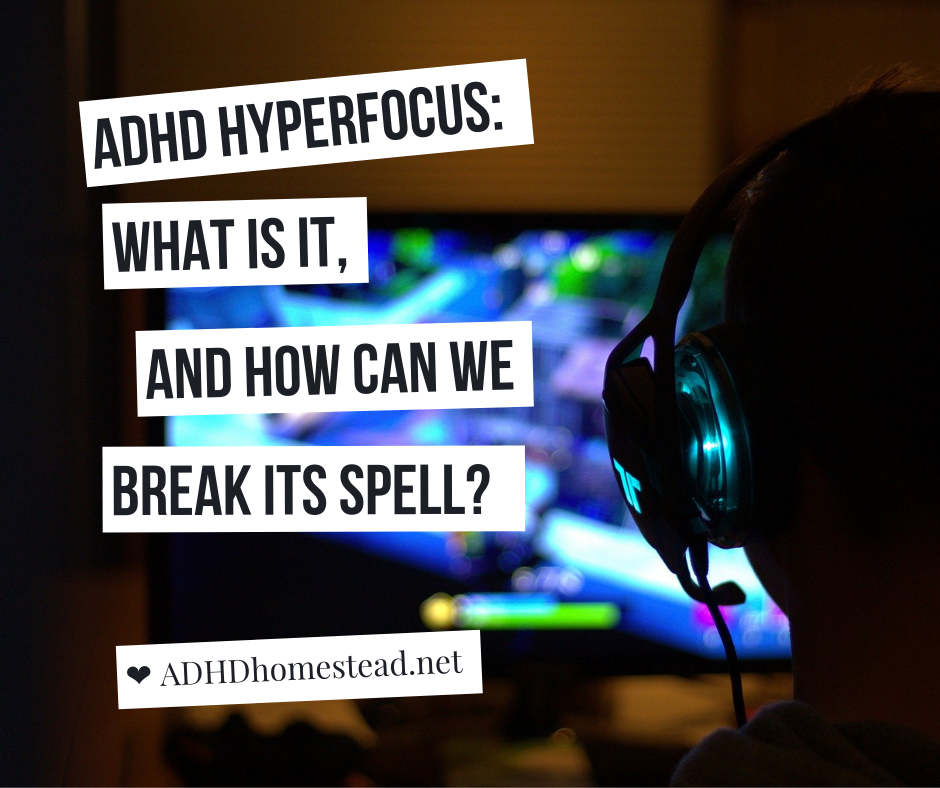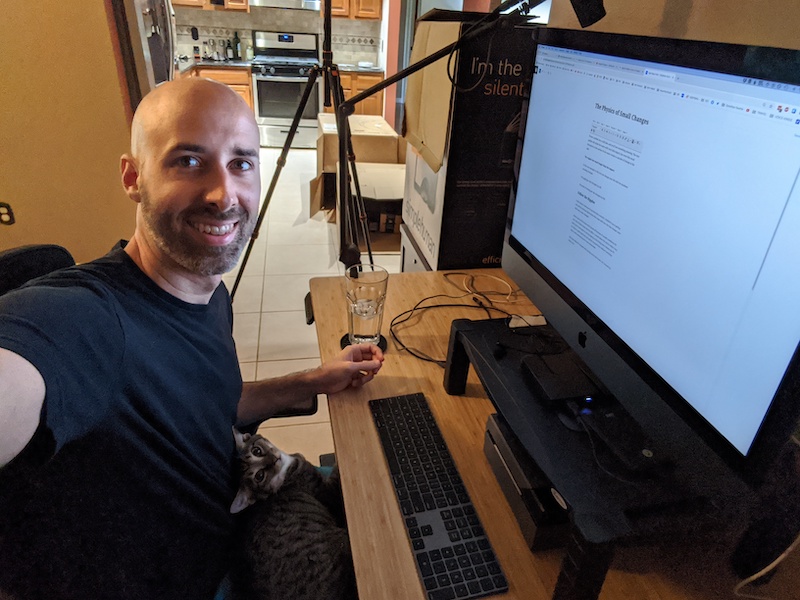
How to spot dubious claims in scientific papers | Nature Index

This might seem like a weird thing to share here, but skeptical reading of “new study shows ______” headlines is especially important for us ADHDers. Consider this:
- Sensational, controversial, and/or shocking news has a stimulating effect on the brain. ADHDers are more vulnerable to manipulative headlines and reporting.
- Historically, adults with ADHD have had too few resources we can trust. This means a lot of doing our own research.
- A lot of folks on the internet have their own agendas — and those agendas don’t have our best interests at heart. Data can be manipulated for or against any number of causes and treatments for ADHD.
- We can’t always count on our doctor or therapist to be ADHD-literate. We need to be prepared to advocate for ourselves, and that means doing our own research before we start the conversation. Unfortunately, there’s a lot of misinformation out there. Even if it tells us what we want to hear in the short term, misinformation hurts us in the long run.
Finishing the Project = Decluttering | A Slob Comes Clean

I want to share a delightful insight in this post: sometimes decluttering is not bagging up a bunch of stuff and getting it out of the house. Sometimes decluttering is *finally making a decision and committing to it.*
When we waffle over whether we “should” (I have a whole chapter about that word in Order from Chaos) keep something, it’s clutter. Even if it’s useful, we aren’t really *using* it — at least not to its fullest.
When we rip off the band-aid and make a decision — whether it’s to keep it or pass it on — we can move forward. We can figure how to either make the item useful and enjoyable, or how we’re going to get it out of the house.
This is a common problem with items passed down to us from someone else, things that are “perfectly good” but not for us, and/or things we’ve always wanted to use more often than we do. Parting with these items requires us to admit we’re breaking the hand-me-down chain, or thinking we deserve better, or we’re never actually going to get around to that project.
I once kept a jar of pistachios I knew had gone rancid for several additional months because I didn’t want to waste them. The thing is, they were already wasted. Throwing them in the trash made it official, but I was never going to eat them because they weren’t good.
I bet we all have stuff like this around the house. I love this idea, of transforming a set of hand-me-down furniture. I’ve done it myself, with a small desk my kiddo now uses in our office.
ADHD’s hyperfocus spell: what it is and how to break it

I featured this post in last week’s podcast episode and finally got around to updating the post itself today. Even if you think of hyperfocus as your ADHD superpower, remember superheroes need to learn to harness their powers for good!
I’ve updated the post with new graphics and audio narration. It’s an 8-minute listen and might be very enlightening for ADHDers who struggle to change gears (and their loved ones).
The Subtle Power of Changing Your Identity | zen habits
When you falter, think about what this new version of you would do. Notice I said “when you falter,” not “IF.” Even a Zen teacher misses a day of meditation sometimes. That’s a part of life. We don’t always do things “perfectly” … but a Zen teacher wouldn’t miss a day of meditation and then just give up. She’d just sit the next day. A runner will get back into it even after a week of disruption (maybe due to visitors, illness, travel, injury, etc.). Don’t think of the disruption as proof that you’re not a runner, but instead approach the disruption as if you are a runner.
zen habits
This post got me thinking about the identities we ADHDers form for ourselves, and how those identities can hold us back.
We tell ourselves who we are (and are not) all the time: I’m a mess. I’m not the kind of person who can stick with good habits past the first couple weeks. I’m a cruddy friend. I’m not an organized person.
These labels reinforce the idea of inherent weaknesses: our brains are wired to be “bad at” certain things, and this will never change.
Sure, we have our foibles, but labeling ourselves this way keeps us from reaching our full potential. Over the past several years I’ve challenged different parts of my identity — things that were holding me back. I found that if I allowed myself to make mistakes, viewed myself as a person with much to learn in a given area rather than a person whose brain “just doesn’t work that way,” I was capable of far more than I realized.
It makes me sad to hear people say they can’t live the life they want to live because they have ADHD. While ADHD definitely introduces unique struggles, it doesn’t mean you can never keep a schedule or maintain deep friendships or organize your finances or put away your laundry.
What identity have you given yourself — and is it helping you or hurting you?
Don’t Underestimate the Ripple Effect of Small Changes | Stephen Guise, Author
When you’re frustrated with an aspect of your life, your mind will probably jump to big, sweeping changes you could make to improve it. But I encourage you to look at small changes instead. They are easier to make, more likely to stick, and have a large ripple effect that can bring about the bigger change you hope for.
Stephen Guise, Author
Yes!
It’s so easy for us to convince ourselves things are so messed up, only a big (and therefore overwhelming and impossible) change will fix it.
When I’m stuck, I look for the cheapest possible change to start this ripple effect. That means not spending money (on supplies, apps, anything) and spending as little time/effort as possible.
Another plus: this lightweight approach often allows me to test a solution before investing in something more permanent. Before setting up a nice visual aid to help my kid track daily chores, I’ll use post-it notes on the wall. Before buying an expensive new basket, I’ll put a cardboard box where I want it to go and see if we end up using it as intended.
Often, we can make a huge difference in our lives with a small change — and that’s good, because we’ll never find the time and energy for the big stuff if we’re already overwhelmed.
Hey there! Are you enjoying The ADHD Homestead?
Here's the thing: I don't like ads. I don't want to sell your attention to an advertising service run by the world's biggest data mining company. I also value my integrity and my readers' trust above all, which means I accept very few sponsorships/partnerships.
So I'm asking for your support directly. For the cost of one cup of coffee, you can help keep this site unbiased and ad-free.
Below you will find two buttons. The first lets you join our crew of Patreon pals and pledge monthly support for my work. Patrons also have access to my Audioblogs podcast. The second takes you to a simple donation page to pledge one-time or recurring support for The ADHD Homestead, no frills, no strings. Do whichever feels best for you!

